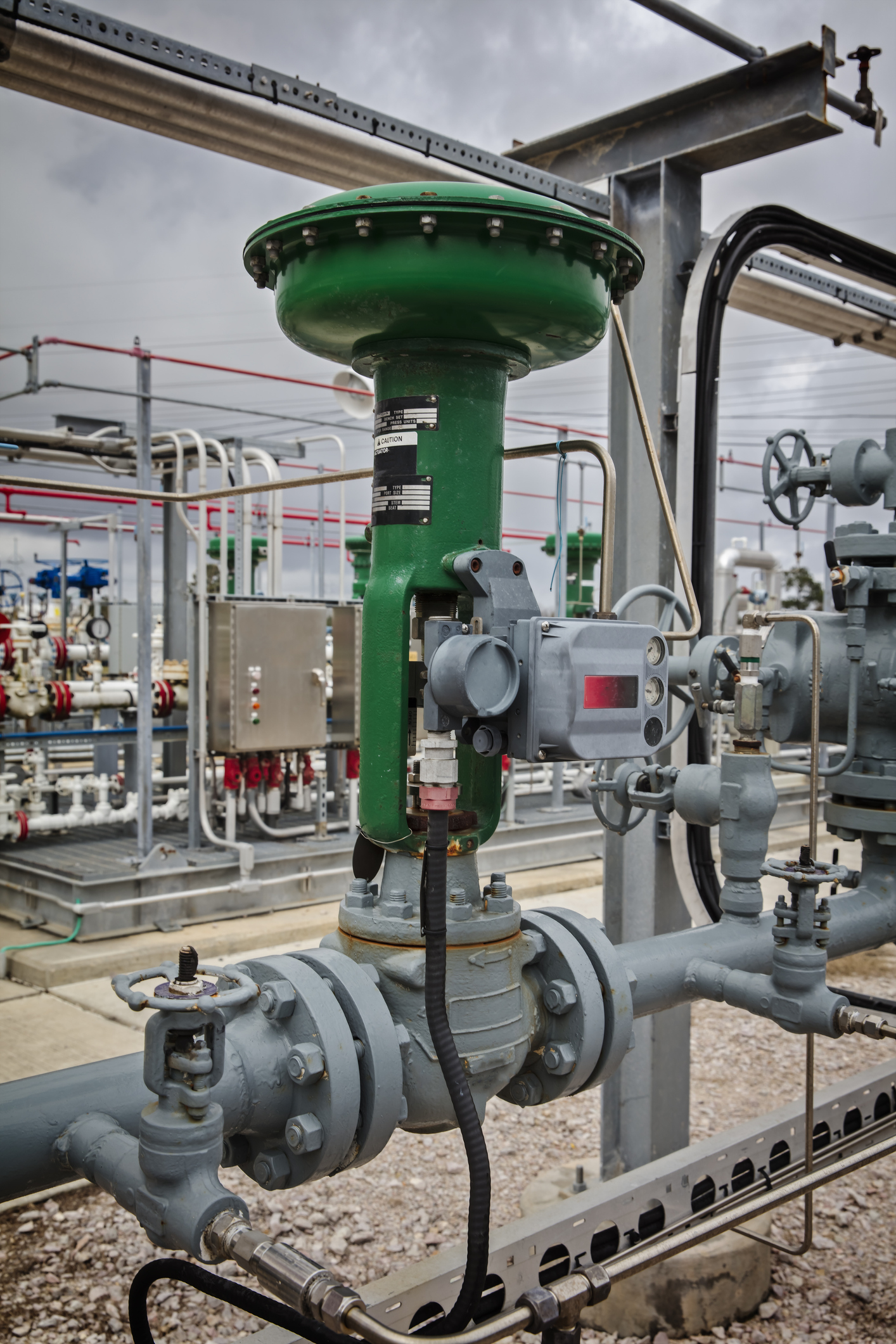Course Overview:
Delivery Options:
Length: 2-days
Percent Demo/Exercises: ~30-40%
Description:
This course will provide Operations and management personnel with a foundational understanding of the key concepts, issues, and topics required for them to effectively interact with I&C systems and to communicate and collaborate with engineers and I&C personnel, and to help them overcome common mistakes and misconceptions, to ultimately improve performance, reliability, and safety margins.

Detailed Description:
This comprehensive two-day course is tailored for operations and management personnel seeking to enhance their understanding and interaction with Instrumentation and Control (I&C) systems. The course aims to bolster performance, reliability, and safety margins by addressing common misconceptions and facilitating effective communication with engineers and I&C professionals. The course will utilize a variety of demonstrations and group exercises to help students understand and begin applying the concepts taught in the course.
Course Outcomes:
• Provide a foundation of understanding of Instrumentation & Control systems.
• Understand the basic operation of commonly misunderstood sensors, instruments, control systems, final control elements, controller hardware & software.
• Avoid common mistakes, misconceptions, and overlooked issues with various I&C systems that often lead to plant performance or safety issues.
• Recognize, and help analyze, troubleshoot, and resolve common I&C related problems.
• Understand basic process control principles in order to perform first level analysis of common control problems.
• Understand typical Process Safety systems and be familiar with common mistakes and misconceptions that could lead to undesired trips and/or to reduced safety margins.
• Become familiar with SIS (safety instrumented systems) from both operational and maintenance perspectives, including overview of how SIL levels are determined, how maintenance plans are developed and different from non-SIS maintenance, and of the important aspects of SIS programs and requirements (maintenance issues, demand tracking, failure tracking, etc.).
• Develop the necessary knowledge overlap with the I&C related areas to allow for more effective communications, collaboration, and coordination with the overall organization.
Each student attending will be given a certificate of completion upon completing the course.
Upcoming LIVE ONLINE and IN-PERSON PUBLIC Sessions
Contact us for additional dates or locations
|
Dates (2026) |
Event Details |
Course Title |
Cost |
Register |
|
April 6-10 (10am-2pm Central) |
Live Online |
$795 $595 Early Discount |
||
|
April 13-17 (10am-1pm Central) |
Live Online |
$795 $595 Early Discount |
||
|
Jun 1-3 |
In-Person Houston, TX |
$1995 |
||
|
Jun 4-5 |
In-Person Houston, TX |
$1495 |
||
|
Jun 15-19 (10am-2pm Central) |
Live Online |
$995 $695 Early Discount |
||
|
Jun 22-26 (10am-2pm Central) |
Live Online |
$995 $695 Early Discount |
